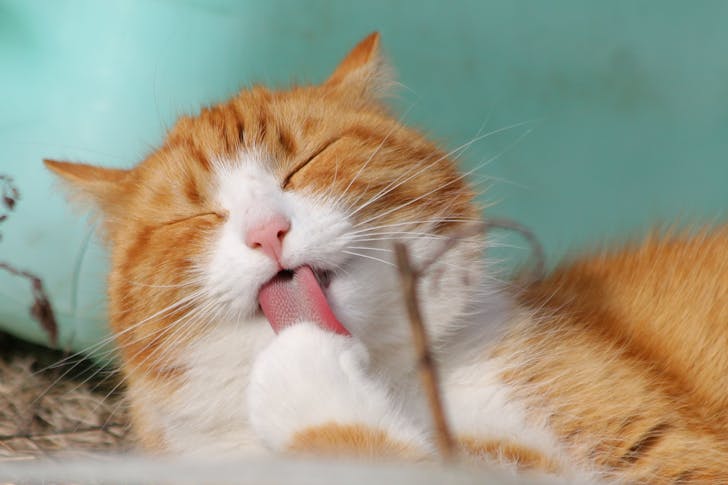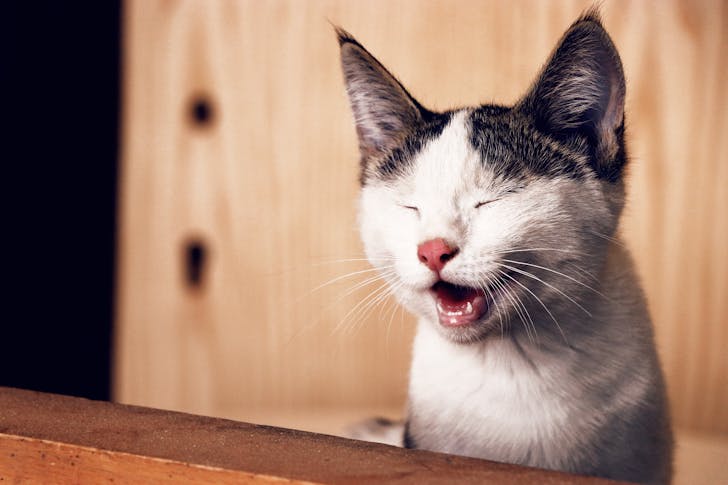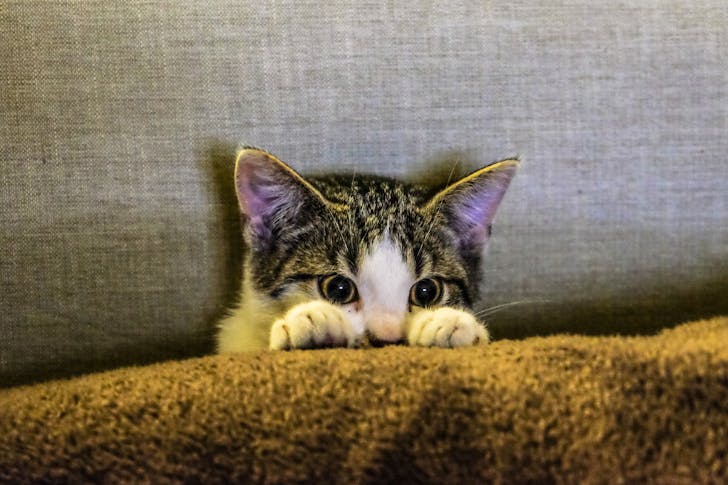Have you ever wondered, do cats cough? Well, the simple answer is yes, cats do cough. Just like humans, cats can experience coughing for a variety of reasons. In this article, we will explore why cats cough, what it might mean, and what steps you should take if your furry friend starts hacking.
Without any further ado, let’s dive right in:
Do Cats Cough?
Yes, cats do cough. It might surprise some people, but coughing is relatively common in cats. While it can be alarming to hear your cat coughing, it is essential to understand that this is a natural reflex meant to clear the respiratory system of irritants.

Why Do Cats Cough?
Cats cough for several reasons. One common cause is hairballs. As cats groom themselves, they ingest a lot of hair, which can accumulate and form hairballs that they need to expel. When a hairball is stuck, it often triggers coughing.
Another reason cats cough is respiratory infections. These can be caused by bacteria, viruses, or fungi. Symptoms usually include sneezing, nasal discharge, and eye discharge. Infections can make your cat quite uncomfortable, leading to persistent coughing.
However, allergies can also cause coughing in cats. Just like humans, cats can be allergic to pollen, dust, mold, or even certain foods. If a cat is exposed to an allergen, it may start coughing as part of an allergic reaction.

Feline asthma is often triggered by allergens and results in inflamed, narrowed airways. This condition can cause wheezing and difficulty breathing, along with coughing.
Sometimes, cats cough because they have inhaled a foreign object or irritant. Small objects like grass, dirt, or food particles can get lodged in their airways, causing a coughing fit. Smoke, strong odors, or chemicals can also irritate the respiratory system, leading to coughing.
Heartworm Disease
Although more common in dogs, cats can also contract heartworms through mosquito bites. These worms can lodge in the lungs and heart, causing coughing and other severe symptoms.
What is the Diagnosis of Coughing in Cats?
If your cat is coughing frequently, a visit to the veterinarian is necessary. Your vet will conduct a thorough physical examination and may recommend diagnostic tests like X-rays, blood tests, or a bronchoscopy. These tests help identify the underlying cause of the cough.

However, for respiratory infections, antibiotics or antifungal medications may be prescribed. Allergies and asthma often require long-term management with medications like antihistamines, corticosteroids, or bronchodilators.
How to Prevent Coughing in Cats?
Prevention is always better than cure. Regular grooming can reduce the risk of hairballs. Keeping your home clean and free of allergens can help manage allergies. Ensure your cat is in a smoke-free environment to prevent respiratory irritation. Regular veterinary check-ups can also help detect and manage potential issues early.
So, while occasional coughing is not usually a cause for alarm, persistent or severe coughing warrants a vet visit. If your cat is coughing frequently, seems to be in distress, or shows other symptoms like lethargy, loss of appetite, or difficulty breathing, seek veterinary care immediately.
